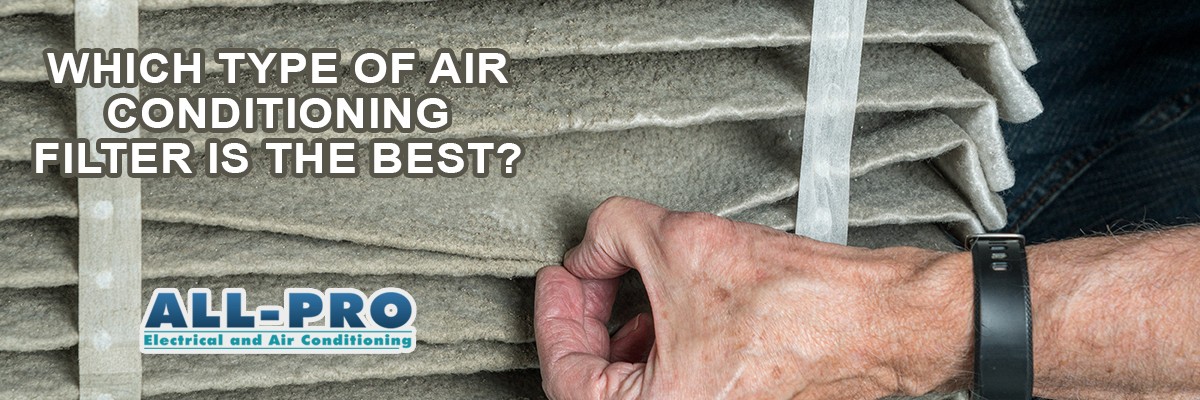4 Ways Your HVAC System Impacts Allergies
Allergies can turn your day into a nightmare of congestion, sniffling and coughing. Typical indoor allergens include mold spores, dust mites, cockroaches, pet dander, pollen from outside and house dust.
Here are 4 ways your HVAC system could be making things worse and how to deal with it.
 Filters
Filters
Typical pleated filters don't catch tiny allergen particles. You'll need HEPA (High Efficiency Particulate Air) filters capable of stopping 99.97% of particles 0.3 microns or larger. To put it into perspective, dog dander is about 2.5 microns and mold spores range from 10 to 30 microns. Keep in mind that HEPA filters affect airflow and the performance of your furnace so you need to discuss this with an HVAC professional before making the change.
Filters must be changed every four months typically but if you're fighting allergies, you need to replace them more frequently. Allergens that build up on the filter can be blown through the ductwork and the longer you leave it, the worse your symptoms will get.
Humidity
High humidity can create the perfect conditions for allergens like mold and dust mites to inhabit your home. Low humidity levels can exacerbate your symptoms by drying out your nasal passage and throat.
If you have a humidifier, have it checked and serviced to ensure that it maintains the right humidity levels in your home. The ideal range is 40-50% in the summer or 30% in the winter. If you have no humidity control at all, you may want to consider adding a humidifier to your home's HVAC system.
Temperature
Certain allergens like dust mites thrive in warm temperatures and poor thermal distribution can create the ideal environment for them to thrive.
Ensure that your HVAC air distribution and controls are in working order to maintain the right temperature in your home. If you have no air conditioning, you lose the benefits of both humidity and temperature control in the summer, which can make you miserable with allergy symptoms.
Ventilation
Ventilation brings in outdoor air to reduce the level of indoor allergens in your home. It helps reduce humidity in key areas like bathrooms and the kitchen and discourages allergens from multiplying. If you have an allergy to pollen or other outdoor allergens, ventilation is still a must. Just ensure that you have the right air filter and this will mitigate the effects of outdoor allergens entering your home.
If you're concerned about your allergies and need to optimize your HVAC system, give us a call and we can help you assess and make modifications so you can breathe easy.












Comments